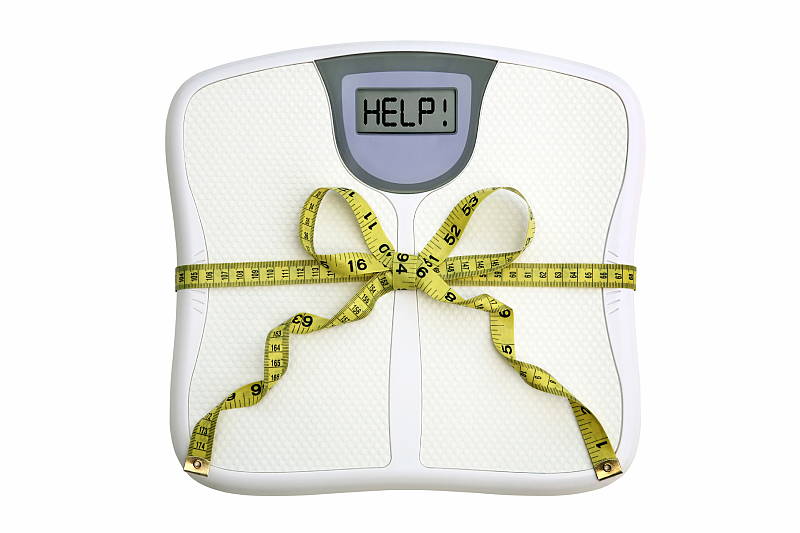About Hypothyroidism Treatment and Weight Loss
Your thyroid gland governs your metabolism by producing the thyroid hormones T3 and T4. When it is underactive and does not produce enough of these hormones and you may feel weak and tired. As your body is not processing fuel properly this may cause you to feel lethargic and depressive, and you may gain weight too.
After you have been diagnosed with hypothyroidism, your endocrinologist will prescribe hormone replacement therapy, which should help you with many of the symptoms associated with a lack of thyroid hormones. As you start to feel better, you may want to be more active and get your health and weight under control.
You may think that thyroid treatment will make weight loss easy. It will definitely make it easier than it was before, but it may not actually be easy. In fact, because your metabolism has been unbalanced for some time, you are likely to still have difficulties in getting to the weight and fitness level you would like. It’s not impossible, though. Here are some helpful tips for getting your metabolism on track and your weight under control.
Make sure your treatment is tuned to your needs
Just starting thyroid medication will not necessarily help you lose the weight you have gained from having an underactive thyroid gland. Patients who do not change their diets or lifestyles after getting medication will often continue to gain weight. However, optimising your thyroid treatment can help kick start the process of getting healthy and losing weight.
Talk to your doctor about making sure that you are getting the proper levels of TSH, T3, and T4 in your medication. Scheduling follow-up appointments and keeping in close contact with your doctor will help them set the right level of treatment for your needs. That’s just the start, though. Read on to learn about the other steps you should take to get where you want to be.
Speed up your metabolism
You have no doubt heard that muscle burns calories faster and more efficiently than fat. You can increase your basal metabolism – the rate at which you burn calories when you are resting – by increasing your body’s muscle mass. Regular strength training will build muscle and help speed up your metabolism.
You can help the process along, too, by making sure that you get enough vitamins and nutrients, especially B-complex vitamins and vitamin C. These will help your body perform more efficiently. Finally, make sure that you are staying hydrated. Dehydration is sure to slow your metabolism.
Change your diet and increase your activity level
A good diet, with plenty of fruits, vegetables, and lean protein, can keep your metabolism efficiently engaged. Getting regular exercise will burn more calories, build lean muscle mass, and help increase your basal metabolism.
Before, it may have been impossible for you to lose weight through diet and exercise because your thyroid was underactive. Now, though, with the help of your thyroid medication, good diet, exercise, and good hydration, you should notice improvements quicker.
These changes in your lifestyle should also help you sleep better at night. Getting enough sleep is important to maintaining a healthy weight and will help you feel more energetic, which will make you more likely to exercise and stick to a healthy lifestyle.
Seek professional help
If you still cannot seem to lose weight, talk to your doctor. They may be able to recommend a good nutritionist or personal trainer who can help you jumpstart the process and get you on the right track. They can give you advice and instruction in making the right changes to your diet and getting the right kinds of exercise.

